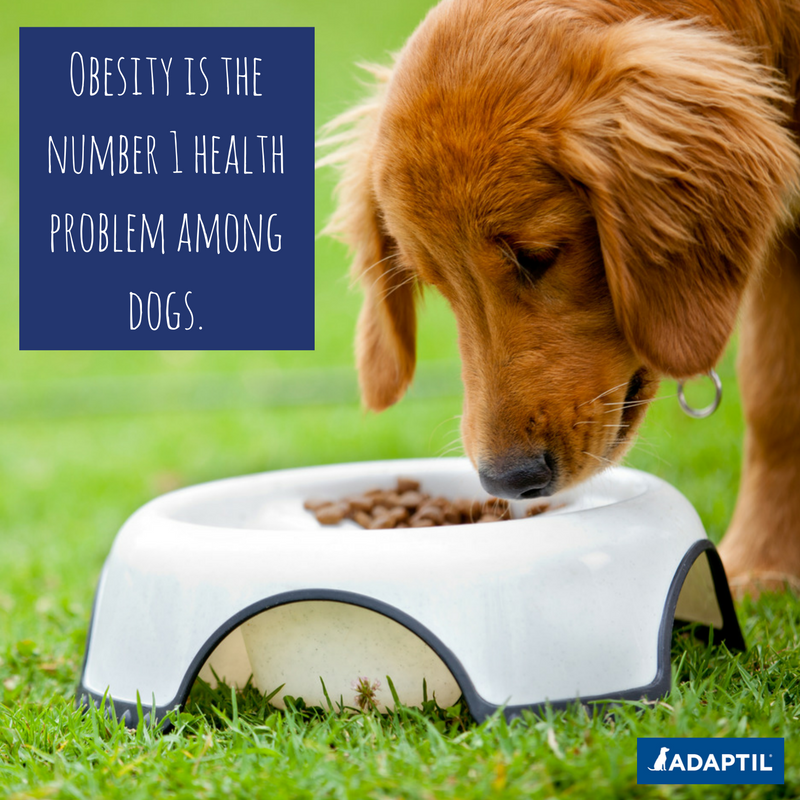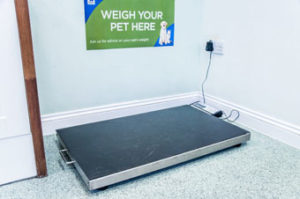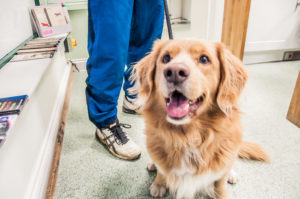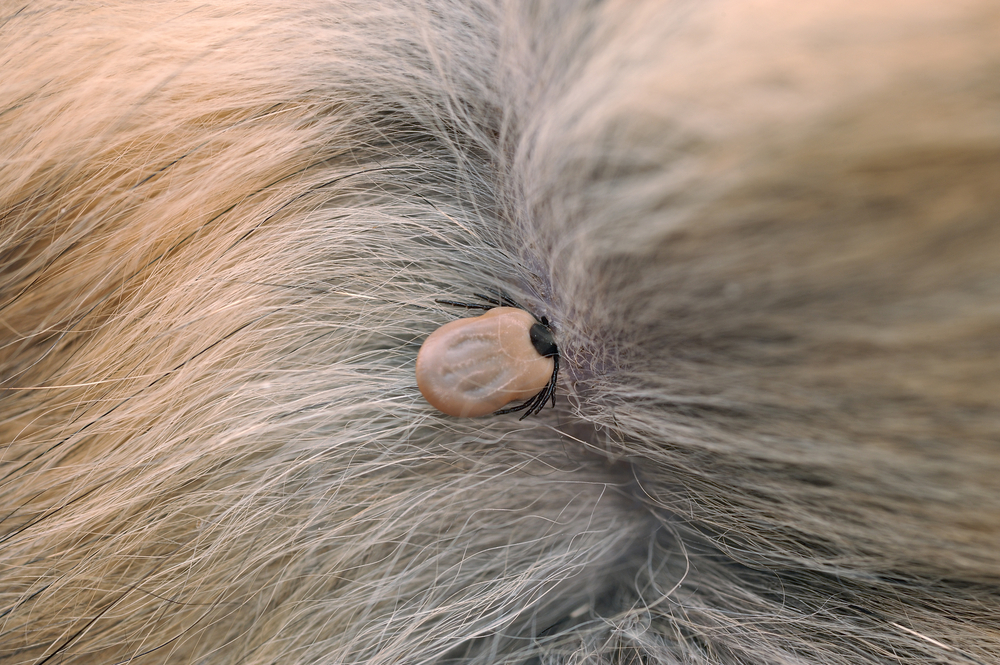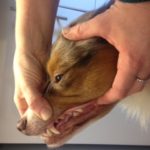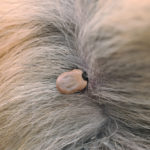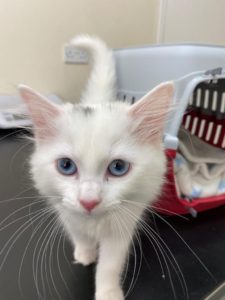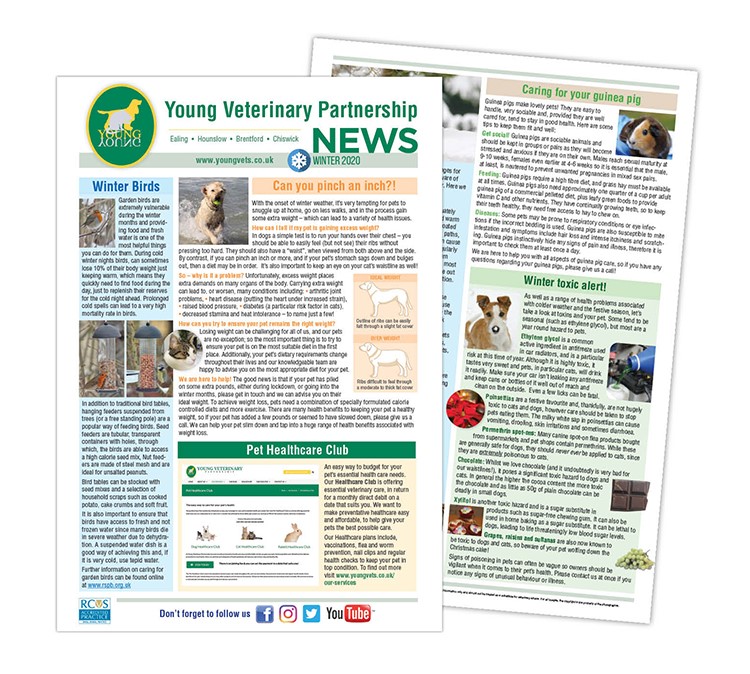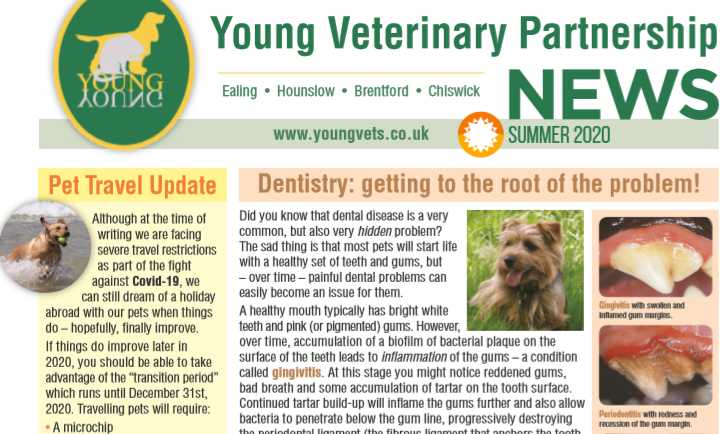Keeping your pet cool.
Summer is here and so is the heat! Our Summer Pet Blog is busting with top tips to keep your pet cool during the summer heat. Be the first to read it here.
It’s not just cats and dogs that can be affected by the heat, rabbits, guinea pigs and indoor pets can struggle too! For any pets kept in a cage and / or run during the day time, make sure they have constant shade over their enclosure and plenty of fresh cool water. Click here for our summer care pet tips.
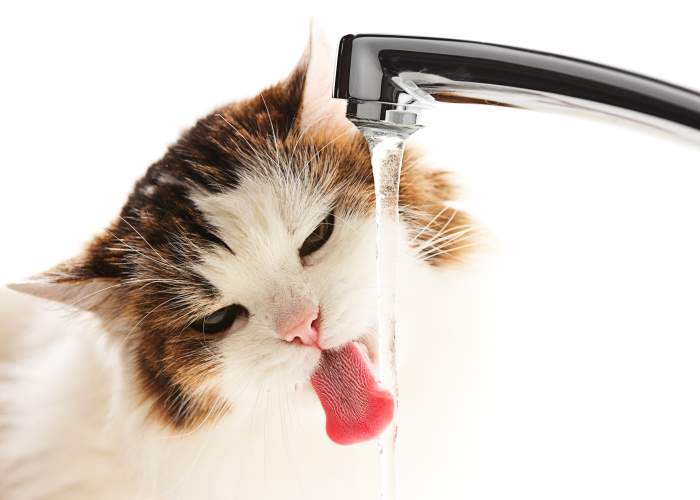
Anal gland issues – is your pet affected?
Does your dog scoot their bottom along the floor or constantly nibble at the base of their tail area? This could indicate a blocked anal gland! Understand more about this common problem and how to manage the condition here.

Booster alert!
We all know that pets should receive once yearly vaccinations after their puppy and kitten vaccines, but do you know what diseases we actually vaccinate against? Our Summer pet blog explains the disease we vaccinate against in the UK and why.
The diseases we vaccinate against can be extremely challenging and sometimes fatal to pets. Here at Young Vets, we believe that prevention is better than cure and in support of this we have Healthcare Clubs available for cats, dogs and rabbits.
Choose the Healthcare Plan and payment date that suits your pet and your lifestyle here. Our healthcare plans include vaccinations, health checks with one of our friendly vets, nail clips, parasite protection and a 10% discount off all other products and services we offer. T&c’s apply. Why not join today and see how much you could save!

We hope you enjoy reading our Summer News Blog if you have a question on any of the articles mentioned please do not hesitate to contact our friendly team for more information.


